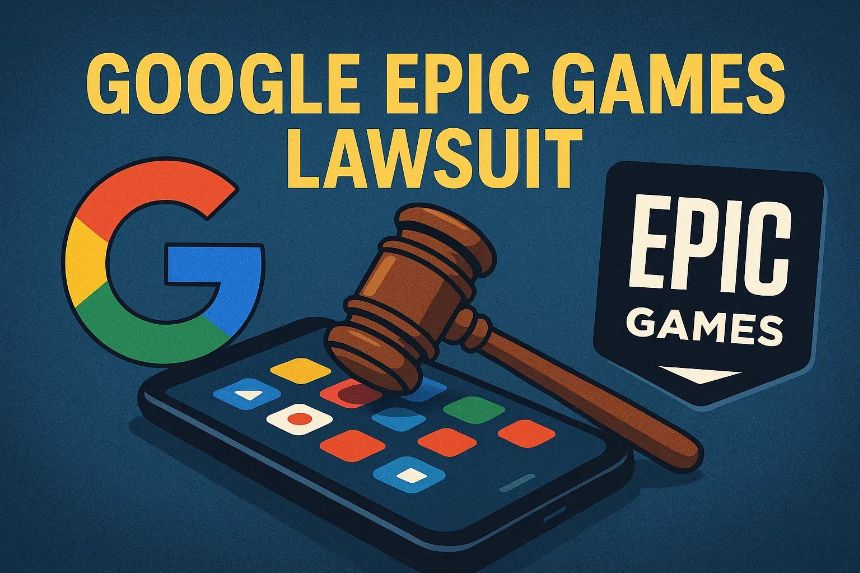When the 9th Circuit Court of Appeals quietly dropped its decision last week on the ongoing Google Epic Games lawsuit, I almost missed it.. But make no mistake: the court’s refusal to overturn the original Epic Games v. Google ruling isn’t a footnote. It’s a paradigm-shifting moment in the running saga of how apps—and the money behind them—flow through our phones.
For years, Google has defended the Google Play Store monopoly argument with the kind of legal aplomb you’d expect from a company of its size. Epic Games, in contrast, has been relentless since its 2020 “Project Liberty” stunt—remember when Fortnite was unceremoniously booted from the Play Store? That wasn’t just a tantrum over 30% fees; it was a calculated move to spark exactly this app store antitrust case verdict.
A Quick Recap: What the Court Actually Said
The appeals panel in the Google Epic Games lawsuit reaffirmed what the lower court concluded: Google abused its control over Android app distribution. The judges specifically cited practices that discouraged third-party app stores on Android and limited developer choice payment systems.
That might sound dry, but the implications aren’t. Google’s “walled garden” approach to apps—the neat, fenced-in ecosystem that ensured those hefty developer fees—has now been called out as anti-competitive.
And yes, that phrase—U.S. court ruling against Google—is going to echo through boardrooms across the mobile industry.
How the Google Epic Games Lawsuit Will Change the Mobile App Economy
Here’s where it gets interesting. If Google must open the gates, even a crack, it could trigger a wave of digital storefront competition. Smaller players—from niche gaming markets to enterprise app distributors—might finally get a fair shot.
For developers, that means real leverage when negotiating those nettlesome impact on app developers fees. A 30% cut may soon look as quaint as a dial-up modem.
I spoke this week with two indie Android developers—one in Berlin, one in Austin—who both described the verdict as “a godsend.” Their words, not mine. They see a future where users can install apps as easily as downloading a song, and where developers are no longer forced into a single, pricey checkout lane.
Fortnite and the Symbolism of Rebellion
Let’s not forget the spark: Fortnite’s bold exit from the Play Store back in 2020. That move—infamous in gaming circles—was more than a fight over in-app purchases. It was a statement about the future of distribution itself.
Now, with the Epic Games v. Google ruling upheld, Epic can claim a measure of vindication. Will Fortnite waltz back onto the Play Store tomorrow? Maybe. But the bigger story is that Google’s grip has loosened, and competitors know it.
What Regulators and Investors Should Watch Next
Naturally, this decision feeds into the broader U.S. tech regulation lawsuits climate. Lawmakers who’ve been sharpening antitrust knives against big tech—Apple, Amazon, you name it—will read this as a precedent.
Investors should brace for Android app distribution changes. Google will almost certainly tweak its policies, perhaps even embrace limited third-party app stores voluntarily to show “good faith.” But if history is any guide, every concession will be measured and strategic.
The Verdict is In: The Google Epic Games Lawsuit
It’s tempting to call this a complete rout for Google. It isn’t. The company still controls Android at the operating-system level, and that gives it leverage that few competitors can match.
But something fundamental shifted. The Google Epic Games lawsuit verdict shows that even the most entrenched platforms are not immune to challenge. Developers everywhere—especially those burned by years of high fees—are watching with a mix of relief and cautious optimism.
What do you think? Does this ruling truly open the door to a more competitive mobile app economy, or will Google find new ways to keep its ecosystem closed? Share your thoughts in the comments—I’m curious how developers and everyday Android users see the next chapter unfolding.


No comments yet. Be the first to share your thoughts!